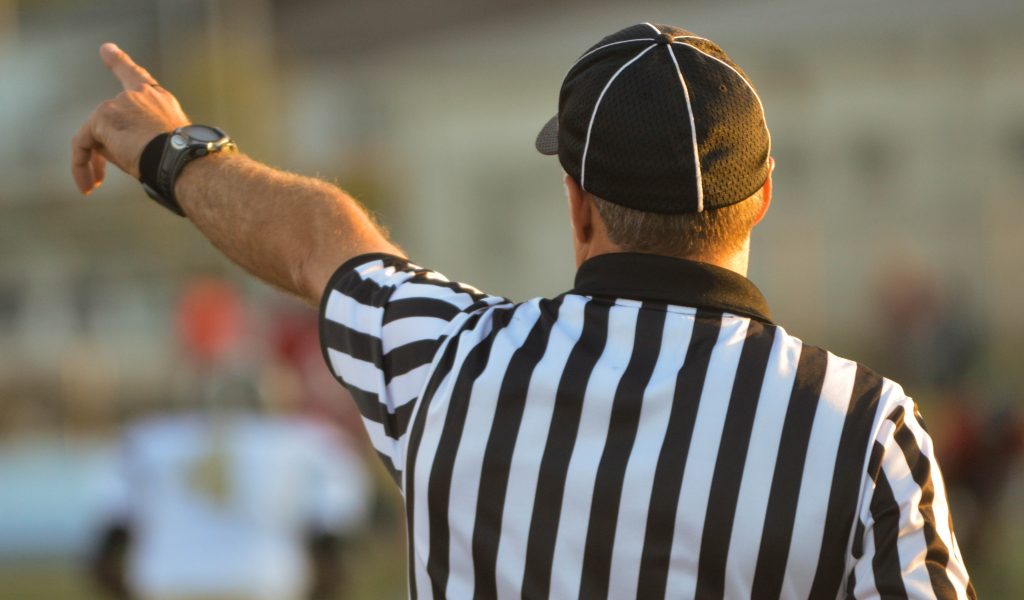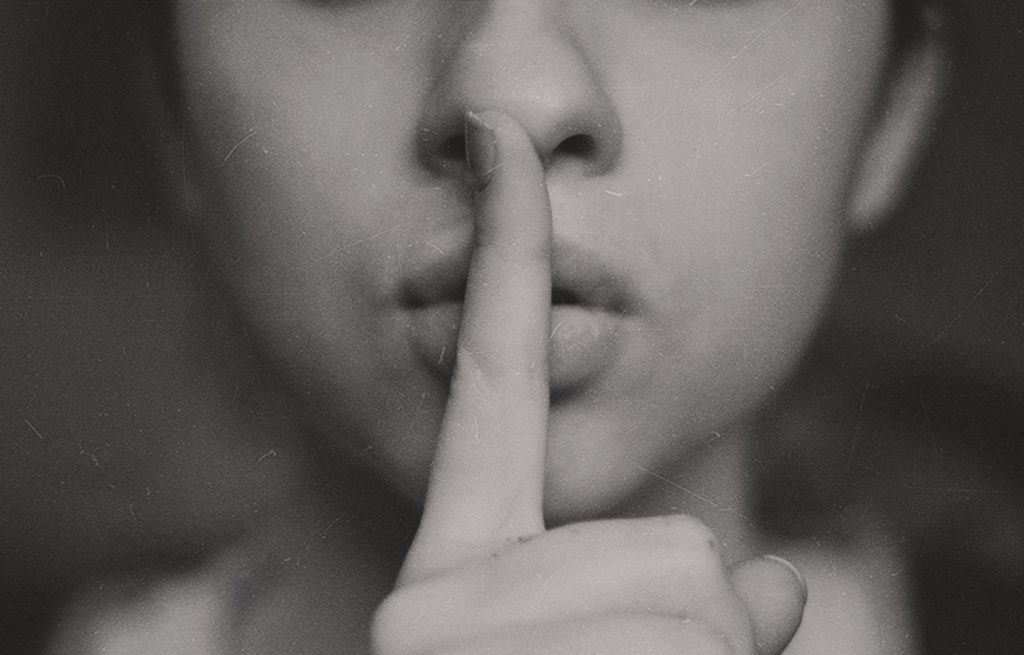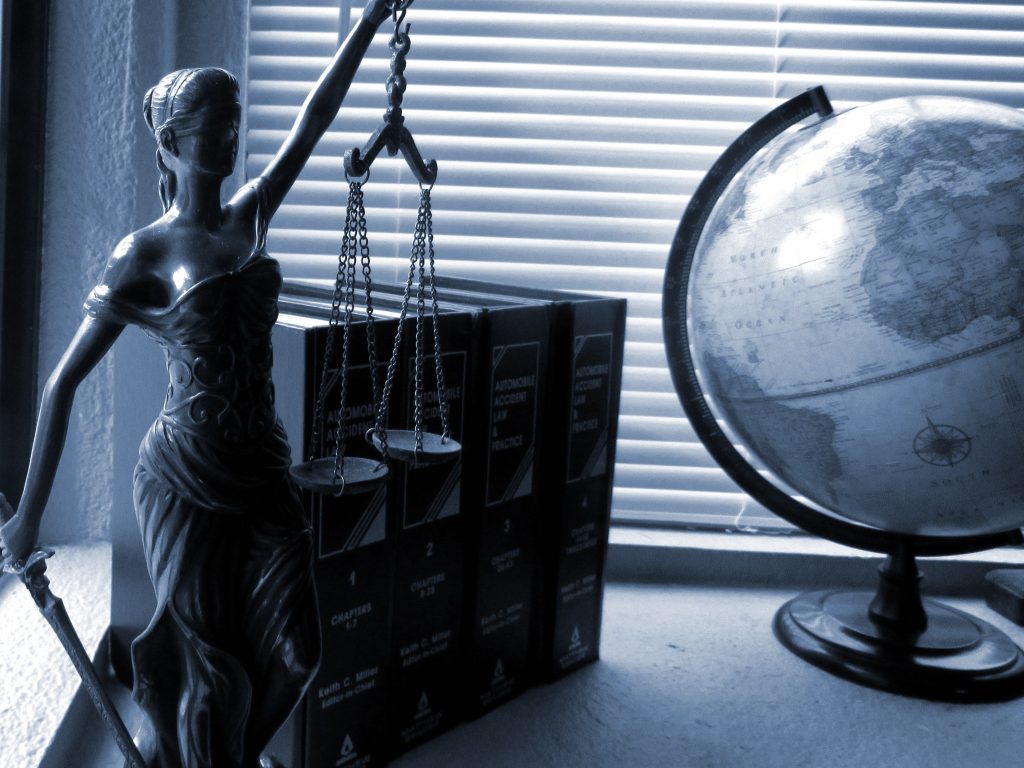News outlets of all persuasions have decried Sir Cliff Richard’s legal victory over the BBC as a violation of press freedom.
Is the industry being a sore loser, or should we all be concerned by the ramifications of this ruling?
To Recap…
 Image Credit: Eva Rinaldi / Flickr
Image Credit: Eva Rinaldi / Flickr
On 18 July, the High Court ruled that the BBC had invaded Sir Cliff Richard’s privacy rights, awarding the celebrity £210,000 in general damages. The case related to the BBC’s broadcast of a police raid at the singer’s home in August 2014 – part of South Yorkshire Police’s investigation (now dropped) into an alleged sexual offence.
Findings of Foul Play
 Image Credit: Nathan Shively / Unsplash
Image Credit: Nathan Shively / Unsplash
In his 122-page judgement, Mr Justice Mann criticised the “breathless sensationalism” with which the BBC reported the police raid, including the use of a helicopter to capture footage of the police inside Sir Cliff’s apartment.
The broadcaster’s desire to protect its ‘scoop’ meant Richard was given inadequate opportunity to refute the allegations, said the judge, who was also critical of the way in which the BBC secured access to the raid. The reporter in question was found to have implicitly threatened South Yorkshire Police, gaining an exclusive tip-off about the search in return for the BBC’s promise not to prematurely broadcast – and risk prejudicing – the investigation.
The reporter’s source is also believed to have been associated with Operation Yewtree (a fact the judge previously said had to be disclosed, despite the BBC’s concern to protect its sources). This has once again prompted debate about ‘how close is too close’ when it comes to the relationship between the police and the media.
The Pendulum Swings
 Image Credit: MKSpics / Pixabay
Image Credit: MKSpics / Pixabay
While these editorial and newsgathering methods have split opinion in the industry, journalists have shown a display of unity when it comes to the right of news outlets to name people subject to police investigations – the most controversial aspect of the ruling.
In weighing Sir Cliff’s right to privacy against the BBC’s right to freedom of expression, the judge was clear that the BBC’s methods weakened its case.
However, he concluded that even if the BBC had done “a measured reading of the relevant facts by a presenter in the studio”, by simply identifying Sir Cliff there would have been a “serious [and unjustified] infringement” of his privacy rights.
This has prompted concern that it will no longer be possible for journalists to name a person who is under investigation by the police, but who has not yet been arrested or charged. In turn, it is feared that police investigations will become shrouded in secrecy.
The case is being painted as a drastic shift towards the rights of the individual, undermining the press’ role as a public watchdog.
Anonymity vs Exposure
 Image Credit: Nuno Martins / Flickr
Image Credit: Nuno Martins / Flickr
The quandary of whether those accused of sex crimes should be given anonymity is not a new one – a mere allegation can cause devastating social stigma, even where prosecutions are dropped. However, women’s rights campaigners have long argued against such a rule, pointing to the scandal surrounding Harvey Weinstein as proof that, by naming suspects, genuine victims emerge.
Turning to this issue specifically, Mr Justice Mann emphasised that those being investigated for sex abuse crimes should, as a starting point, have a reasonable expectation of privacy.
However, the judge also concluded that the naming of Sir Cliff was done for the BBC’s gain – to beat its rivals to a news scoop – and not to encourage genuine victims to come forward as part of a concerted strategy agreed with the police. Had this been the case, the public interest argument in revealing Sir Cliff’s name would have been stronger.
What Now?
 Image Credit: Jessica45 / Pixabay
Image Credit: Jessica45 / Pixabay
Many in the media industry, including The Society of Editors, have described the ruling as a judicial overstep, arguing that “such a major change in the law should be debated in Parliament” (one Conservative MP has already called for a “Cliff’s law” to be passed).
However, Mr Justice Mann was clear that the Human Rights Act gives him the authority to restrict press freedom in certain circumstances – a step he considered necessary, in this case, to preserve Sir Cliff’s privacy.
Even so, the judge acknowledged the case is likely to have a “significant impact on press reporting”. Experts are warning that suspects’ privacy rights – rather than being a matter of editorial concern – now pose such a legal risk that newsrooms will be wary of naming anybody under police investigation.
This risks not only preventing the type of ‘snowballing’ that unmasked Harvey Weinstein’s conduct (and led to the #metoo movement), but hampering the press’ ability to scrutinise the police and report what’s factually true. For that reason, the legal battle between Sir Cliff and the BBC may just be starting.






